Chennai, the capital city of Tamil Nadu in India, is quickly gaining recognition as a key hub for the cashew nut industry. The region has been long associated with the cultivation of cashew nuts, and its strategic location, favorable climate, and supportive government policies have contributed to the growth and development of the cashew nut industry in Chennai. This article provides a comprehensive overview of the cashew nut industry in Chennai, including its history, production, processing, export potential, challenges, and future prospects. 1. Historical Background: The cashew nut industry has a rich history in Chennai, dating back to the 17th century when the Portuguese introduced cashew trees to the region. Over the years, Chennai has become an important center for cashew nut production, processing, and trade. Tamil Nadu, with Chennai as its capital, is one of the major cashew nut-producing states in India. 2. Production and Processing: Chennai and its surrounding areas are known for their extensive cashew nut cultivation. The region’s fertile soil, abundant rainfall, and favorable climate make it conducive for cashew nut farming. The major cashew nut varieties grown in Chennai include the W180, W210, W240, and W320 grades, which are highly sought after in the global market. The cashew nut industry in Chennai comprises several stages, including plantation, harvesting, processing, and packaging. Cashew trees take around 7-8 years to bear fruits, and harvesting usually takes place during the months of February to May. Once the cashew apples are harvested, the nuts are separated, dried, and processed to remove the outer shell and obtain the edible kernels. 3. Cashew Nut Export Potential: Chennai’s cashew nut industry has witnessed a significant rise in its export potential in recent years. The quality of cashew nuts produced in Chennai, along with efficient processing techniques, has encouraged both domestic and international buyers. The cashew nut industry in Chennai primarily caters to export markets, with major destinations including the United States, European Union, Middle East, and Southeast Asian countries. The availability of skilled labor, modern processing units, and well-established export procedures have contributed to the growth of cashew nut exports from Chennai. Additionally, several government initiatives, such as financial assistance, export incentives, and infrastructure development, have further boosted the industry’s export potential. 4. Challenges Faced by the Industry: Despite its growth and potential, the cashew nut industry in Chennai faces a few challenges that need to be addressed for sustained success. Some of the challenges include: a. Price Volatility: The cashew nut industry is highly sensitive to price fluctuations, especially due to factors like crop yields, demand-supply dynamics, and global market conditions. Chennai’s cashew nut industry needs to adopt risk management strategies to mitigate price volatility and secure stable incomes for farmers and stakeholders. b. Quality Control: Maintaining consistent quality standards is crucial for the reputation and competitiveness of Chennai’s cashew nut industry. Efforts should be made to implement rigorous quality control measures throughout the production and processing stages. c. Sustainability: Sustainable farming practices and environmental conservation should be prioritized to ensure the long-term viability of cashew nut cultivation in Chennai. This includes promoting organic farming methods, efficient water management, and reducing the industry’s carbon footprint. d. Market Diversification: Although Chennai’s cashew nut industry primarily relies on export markets, diversification of the market base can help reduce dependencies on specific regions or countries. Exploring new markets and creating alliances with global buyers can provide resilience and stability to the industry.
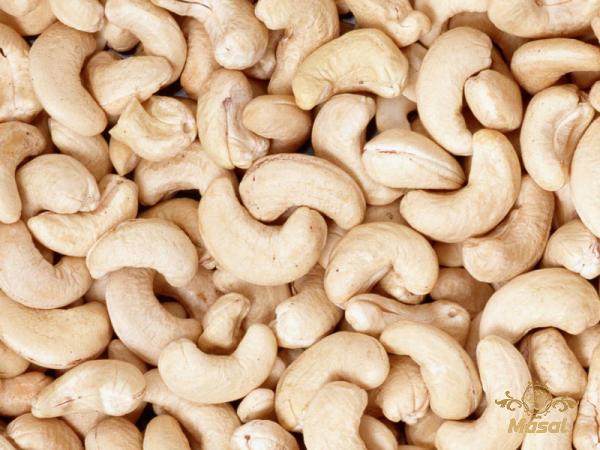
nut
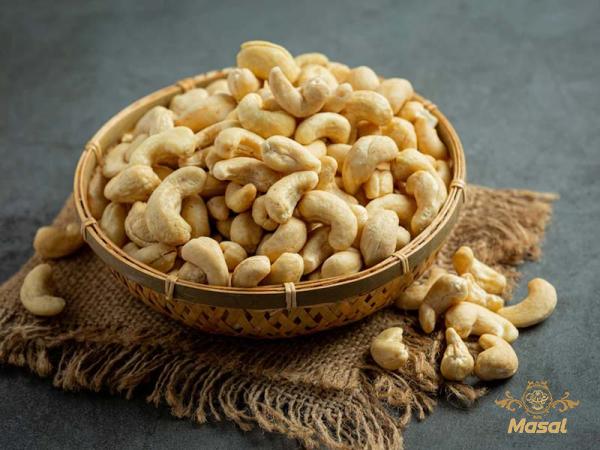 5. Future Prospects: The future of the cashew nut industry in Chennai looks promising, with ample scope for growth and expansion. The increasing global demand for healthy and organic snacks, coupled with Chennai’s strong position as an established cashew nut producer, presents significant opportunities for the industry. To capitalize on these opportunities, it is important for the industry stakeholders to focus on innovation, value addition, and market segmentation. Introducing new cashew nut-based products, investing in research and development, and leveraging e-commerce platforms can help Chennai’s cashew nut industry gain a competitive edge in the global market. Additionally, collaborations between the industry, research institutions, and the government can play a vital role in driving innovation and achieving sustainable growth. Conclusion: Chennai’s cashew nut industry has a long-standing history and significant potential for growth in the global market. With its favorable climate, efficient processing units, and proactive government policies, Chennai has emerged as a prominent cashew nut hub in India. Overcoming challenges related to price volatility, quality control, and sustainability will be crucial for the industry’s sustained success. By embracing innovation and market diversification, Chennai’s cashew nut industry can carve a niche for itself in the ever-growing global snack market.1. Cultivation Practices and Agricultural Techniques: The success of the cashew nut industry in Chennai is largely attributed to the local farmers and their expertise in cultivation practices. Chennai’s cashew nuts are grown using both traditional and modern agricultural techniques. Farmers employ methods such as intercropping, mixed cropping, and organic farming to ensure high-quality yields. Additionally, sustainable approaches, such as water conservation and natural pest control, are adopted to minimize environmental impact. 2. Processing Units and Technology Advancements: Chennai boasts modern processing units equipped with state-of-the-art technology and machinery for cashew nut processing. These units follow strict hygiene and quality control standards to preserve the taste, texture, and nutritional value of cashew nuts. The technological advancements have significantly improved efficiency in the de-shelling, sorting, grading, roasting, and packaging processes, resulting in higher yields and enhanced product quality. 3. Government Support and Initiatives: The cashew nut industry in Chennai receives substantial support from the Tamil Nadu government, which recognizes its economic potential and contribution to the state’s development.
5. Future Prospects: The future of the cashew nut industry in Chennai looks promising, with ample scope for growth and expansion. The increasing global demand for healthy and organic snacks, coupled with Chennai’s strong position as an established cashew nut producer, presents significant opportunities for the industry. To capitalize on these opportunities, it is important for the industry stakeholders to focus on innovation, value addition, and market segmentation. Introducing new cashew nut-based products, investing in research and development, and leveraging e-commerce platforms can help Chennai’s cashew nut industry gain a competitive edge in the global market. Additionally, collaborations between the industry, research institutions, and the government can play a vital role in driving innovation and achieving sustainable growth. Conclusion: Chennai’s cashew nut industry has a long-standing history and significant potential for growth in the global market. With its favorable climate, efficient processing units, and proactive government policies, Chennai has emerged as a prominent cashew nut hub in India. Overcoming challenges related to price volatility, quality control, and sustainability will be crucial for the industry’s sustained success. By embracing innovation and market diversification, Chennai’s cashew nut industry can carve a niche for itself in the ever-growing global snack market.1. Cultivation Practices and Agricultural Techniques: The success of the cashew nut industry in Chennai is largely attributed to the local farmers and their expertise in cultivation practices. Chennai’s cashew nuts are grown using both traditional and modern agricultural techniques. Farmers employ methods such as intercropping, mixed cropping, and organic farming to ensure high-quality yields. Additionally, sustainable approaches, such as water conservation and natural pest control, are adopted to minimize environmental impact. 2. Processing Units and Technology Advancements: Chennai boasts modern processing units equipped with state-of-the-art technology and machinery for cashew nut processing. These units follow strict hygiene and quality control standards to preserve the taste, texture, and nutritional value of cashew nuts. The technological advancements have significantly improved efficiency in the de-shelling, sorting, grading, roasting, and packaging processes, resulting in higher yields and enhanced product quality. 3. Government Support and Initiatives: The cashew nut industry in Chennai receives substantial support from the Tamil Nadu government, which recognizes its economic potential and contribution to the state’s development.
Specifications of nut
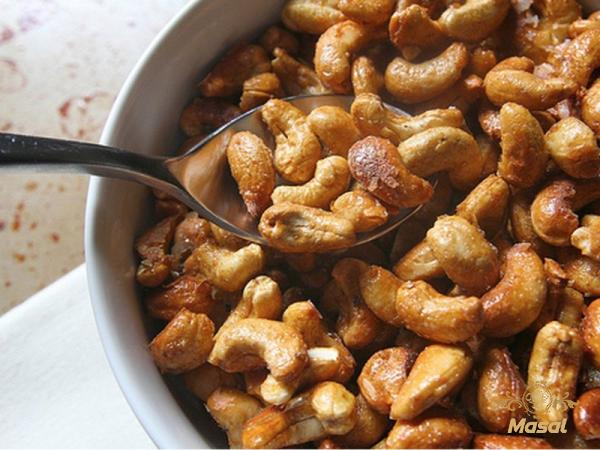 The government offers financial assistance, subsidies, and incentives to farmers and processors, encouraging them to expand and modernize their operations. Additionally, ongoing infrastructure development initiatives, such as improved transportation facilities, cold storage facilities, and export promotion zones, have further bolstered the industry. 4. Market Trends and Consumer Preferences: The global market for cashew nuts has experienced significant growth in recent years, driven by increasing consumer demand for healthy and nutritious snacks. Chennai’s cashew nut industry has capitalized on this trend by producing high-quality, organic, and value-added cashew nut products. The industry has also responded to changing consumer preferences by introducing flavored cashews, roasted variants, and innovative snack mixes, catering to a wide range of tastes and preferences. 5. Promoting Entrepreneurship and Job Creation: The cashew nut industry in Chennai has not only contributed to the state’s economy but also played a significant role in job creation and entrepreneurship. The industry provides employment opportunities at various levels, including farming, processing, packaging, marketing, and logistics. Several small-scale entrepreneurs have established their own cashew nut businesses, benefitting from the industry’s growth and market potential. 6. Export Documentation and Trade Regulations: Exporting cashew nuts from Chennai requires adherence to specific documentation and trade regulations. Exporters must comply with quality standards set by importing countries, obtain necessary certifications, and complete documentation procedures such as obtaining export licenses, complying with phytosanitary regulations, and providing accurate labeling information. Familiarity with international trade policies and regulations is essential for businesses in the cashew nut industry to ensure smooth export operations. 7. Packaging and Branding Strategies: In a competitive global market, effective packaging and branding strategies play a crucial role in attracting customers and creating brand loyalty. Chennai’s cashew nut industry has adopted innovative packaging techniques that not only preserve the freshness and quality of the nuts but also showcase the uniqueness of the product. Eye-catching packaging designs, sustainable packaging materials, and clear labeling of nutritional information have become important factors in consumer decision-making.
The government offers financial assistance, subsidies, and incentives to farmers and processors, encouraging them to expand and modernize their operations. Additionally, ongoing infrastructure development initiatives, such as improved transportation facilities, cold storage facilities, and export promotion zones, have further bolstered the industry. 4. Market Trends and Consumer Preferences: The global market for cashew nuts has experienced significant growth in recent years, driven by increasing consumer demand for healthy and nutritious snacks. Chennai’s cashew nut industry has capitalized on this trend by producing high-quality, organic, and value-added cashew nut products. The industry has also responded to changing consumer preferences by introducing flavored cashews, roasted variants, and innovative snack mixes, catering to a wide range of tastes and preferences. 5. Promoting Entrepreneurship and Job Creation: The cashew nut industry in Chennai has not only contributed to the state’s economy but also played a significant role in job creation and entrepreneurship. The industry provides employment opportunities at various levels, including farming, processing, packaging, marketing, and logistics. Several small-scale entrepreneurs have established their own cashew nut businesses, benefitting from the industry’s growth and market potential. 6. Export Documentation and Trade Regulations: Exporting cashew nuts from Chennai requires adherence to specific documentation and trade regulations. Exporters must comply with quality standards set by importing countries, obtain necessary certifications, and complete documentation procedures such as obtaining export licenses, complying with phytosanitary regulations, and providing accurate labeling information. Familiarity with international trade policies and regulations is essential for businesses in the cashew nut industry to ensure smooth export operations. 7. Packaging and Branding Strategies: In a competitive global market, effective packaging and branding strategies play a crucial role in attracting customers and creating brand loyalty. Chennai’s cashew nut industry has adopted innovative packaging techniques that not only preserve the freshness and quality of the nuts but also showcase the uniqueness of the product. Eye-catching packaging designs, sustainable packaging materials, and clear labeling of nutritional information have become important factors in consumer decision-making.
buy nut
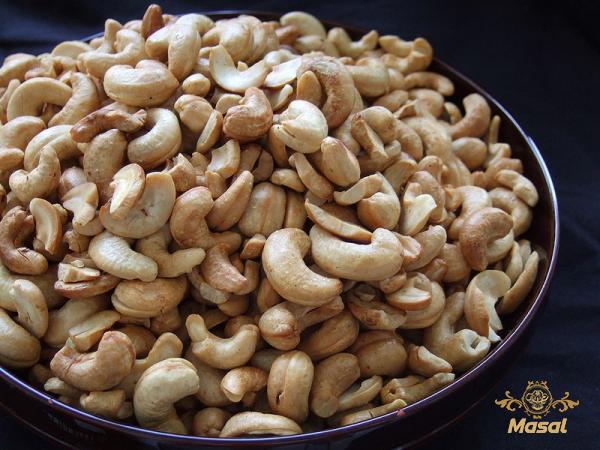 8. Value Addition and Product Diversification: To stay ahead of the competition, Chennai’s cashew nut industry has embraced value addition and product diversification. Apart from exporting raw cashew nuts, the industry now focuses on producing value-added products such as cashew butter, cashew milk, cashew flour, and cashew-based snacks. These diversification efforts not only increase revenue streams but also cater to a wider customer base, meeting the demand for healthier and innovative snack options. 9. Industry Associations and Collaborations: The cashew nut industry in Chennai benefits from the presence of various industry associations and collaborations that promote knowledge sharing and collaboration among stakeholders. These associations provide a platform for industry players to stay updated on the latest market trends, government policies, and technological advancements. Collaborations with research institutions, universities, and international organizations facilitate innovation, research, and development in the industry. 10. Sustainability and Social Responsibility: Chennai’s cashew nut industry recognizes the importance of sustainable practices and social responsibility. Efforts are made to promote sustainable farming techniques, conserve water resources, and reduce chemical usage. The industry also supports local communities through initiatives such as skill development programs, women empowerment projects, and education initiatives for farmers’ children. Socially responsible practices not only contribute to the industry’s long-term sustainability but also enhance its reputation in the global market. Conclusion: The cashew nut industry in Chennai has emerged as a significant player in the global market, showcasing the region’s rich history, agricultural expertise, and entrepreneurial spirit. The industry’s success can be attributed to factors such as favorable climate, advanced processing techniques, government support, and responsiveness to market trends. With its commitment to quality, innovation, and sustainability, Chennai’s cashew nut industry is poised for continued growth and increased export potential. As the industry faces challenges and explores new opportunities, continuous investment in research, technology, and collaborations will be crucial in maintaining its position as a leading cashew nut hub in India.
8. Value Addition and Product Diversification: To stay ahead of the competition, Chennai’s cashew nut industry has embraced value addition and product diversification. Apart from exporting raw cashew nuts, the industry now focuses on producing value-added products such as cashew butter, cashew milk, cashew flour, and cashew-based snacks. These diversification efforts not only increase revenue streams but also cater to a wider customer base, meeting the demand for healthier and innovative snack options. 9. Industry Associations and Collaborations: The cashew nut industry in Chennai benefits from the presence of various industry associations and collaborations that promote knowledge sharing and collaboration among stakeholders. These associations provide a platform for industry players to stay updated on the latest market trends, government policies, and technological advancements. Collaborations with research institutions, universities, and international organizations facilitate innovation, research, and development in the industry. 10. Sustainability and Social Responsibility: Chennai’s cashew nut industry recognizes the importance of sustainable practices and social responsibility. Efforts are made to promote sustainable farming techniques, conserve water resources, and reduce chemical usage. The industry also supports local communities through initiatives such as skill development programs, women empowerment projects, and education initiatives for farmers’ children. Socially responsible practices not only contribute to the industry’s long-term sustainability but also enhance its reputation in the global market. Conclusion: The cashew nut industry in Chennai has emerged as a significant player in the global market, showcasing the region’s rich history, agricultural expertise, and entrepreneurial spirit. The industry’s success can be attributed to factors such as favorable climate, advanced processing techniques, government support, and responsiveness to market trends. With its commitment to quality, innovation, and sustainability, Chennai’s cashew nut industry is poised for continued growth and increased export potential. As the industry faces challenges and explores new opportunities, continuous investment in research, technology, and collaborations will be crucial in maintaining its position as a leading cashew nut hub in India.





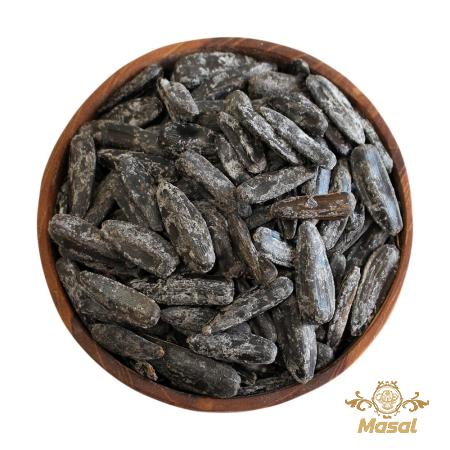
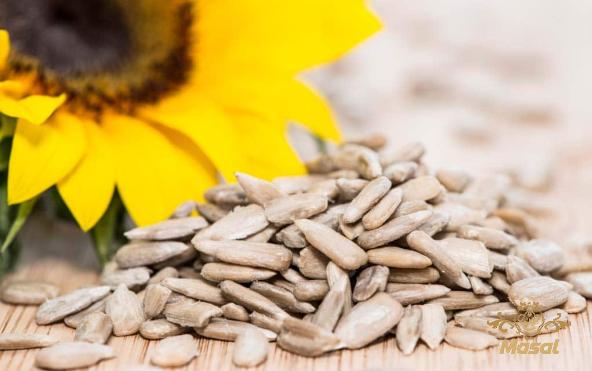
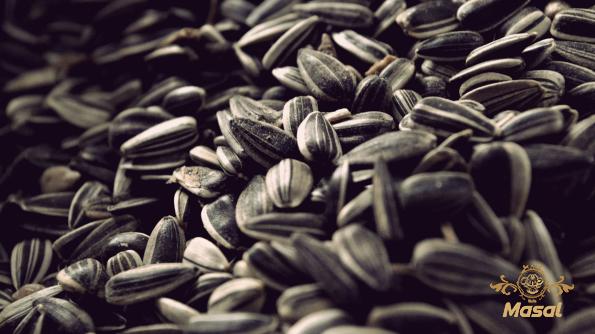


Your comment submitted.